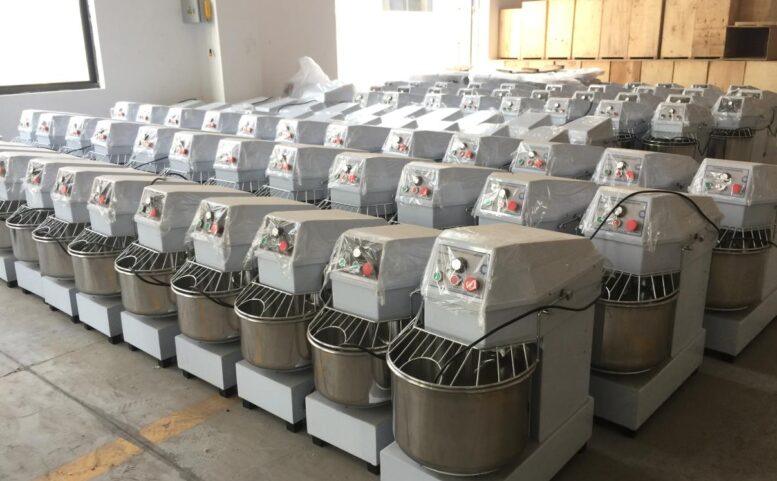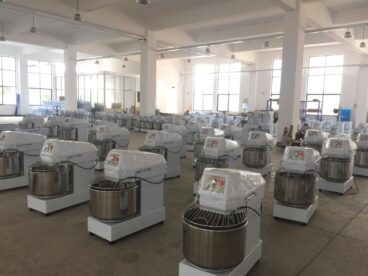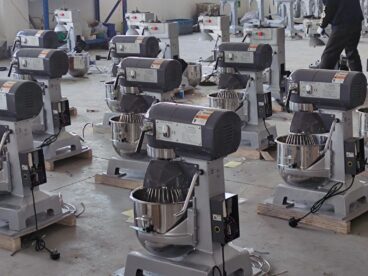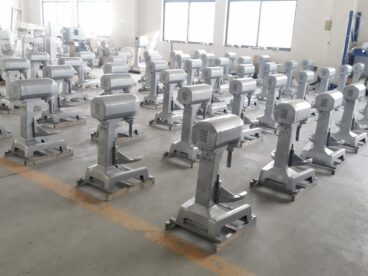A Comprehensive Comparison Guide
Introduction: As a baker, finding the perfect dough mixer is essential for creating delicious and consistent baked goods. With so many options available on the market, choosing the best dough mixer can be a daunting task. In this blog post, we will explore the different types of dough mixers and compare their features, functionality, and performance to help you make an informed decision.
Stand Mixers: Stand mixers are a popular choice among bakers for their versatility and power. They come with multiple attachments, allowing you to mix, knead, whip, and blend various ingredients. When selecting a stand mixer, consider factors such as motor power, bowl capacity, and speed settings. Look for a model that can handle different types of dough while providing the desired consistency.
Spiral Mixers: Spiral mixers are commonly used in commercial bakeries due to their ability to handle large quantities of dough. These mixers operate by rotating a spiral-shaped agitator, resulting in thorough and even mixing. The main advantage of spiral mixers is their ability to handle heavy-duty tasks and knead dough to perfection. Consider factors such as bowl size, motor power, and speed variation when selecting a spiral mixer for your professional bakery.
Planetary Mixers: Planetary mixers are a versatile option, combining the features of both stand mixers and spiral mixers. These mixers have a stationary bowl and a rotating agitator that moves around the bowl in a planetary motion. They are known for their capability to mix small to medium-sized batches of dough efficiently. Look for planetary mixers with multiple speed settings, various attachment options, and a sturdy construction for optimal performance.
Hand Mixers: Hand mixers are compact and convenient for small baking tasks. These handheld devices are suitable for light mixing, whipping, and blending. They are often preferred for their portability and ease of storage. When selecting a hand mixer, consider factors such as motor power, speed settings, and the availability of attachments such as dough hooks for kneading.
Dough Sheeters: For tasks such as rolling dough or creating thin layers, dough sheeters are invaluable. These machines consist of two rollers that flatten and stretch the dough uniformly. Dough sheeters are ideal for bakeries and patisseries that require consistent and precise dough rolling. Consider the size of the sheeter, the thickness adjustment mechanism, and the speed control options when choosing a dough sheeter.
Conclusion: Determining the best dough mixer depends on your specific needs and the scale of your baking operation. Whether you are a home baker or a professional running a bakery, considering factors such as power, capacity, versatility, and durability is crucial in making an informed decision. Evaluate the features and functionality of different types of dough mixers and choose the one that best suits your requirements. Investing in the right dough mixer will not only enhance your baking process but also ensure the consistent quality of your baked goods.






